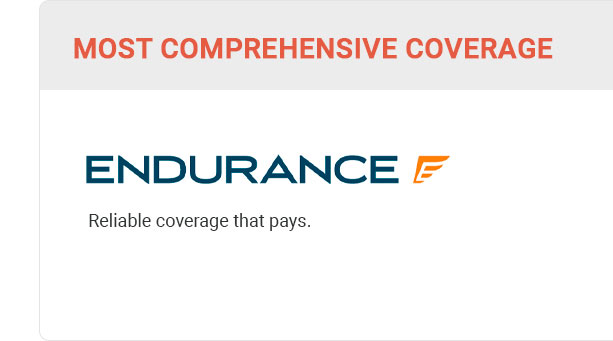 |
 |
 |
 |
 |
 |
 |
 |
 |
|||
 |
 |
|
|||||||
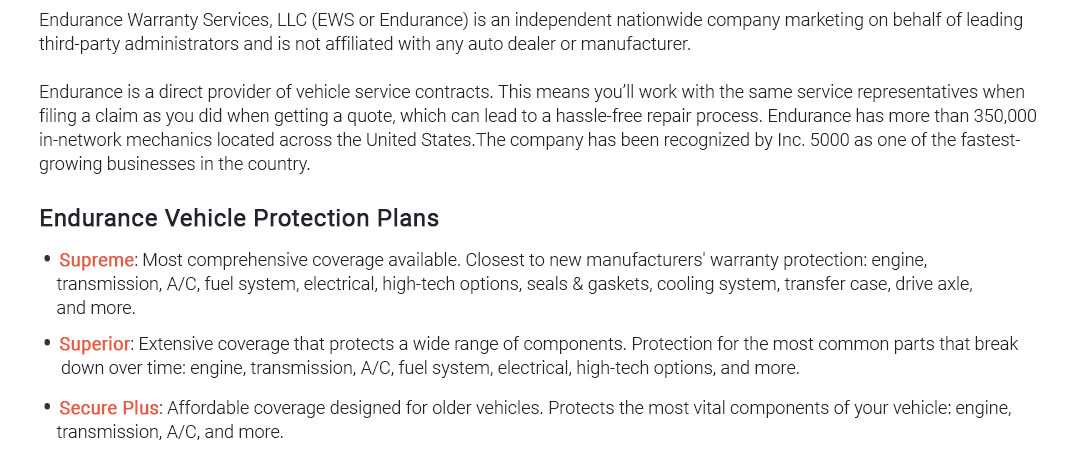 |
|||||||
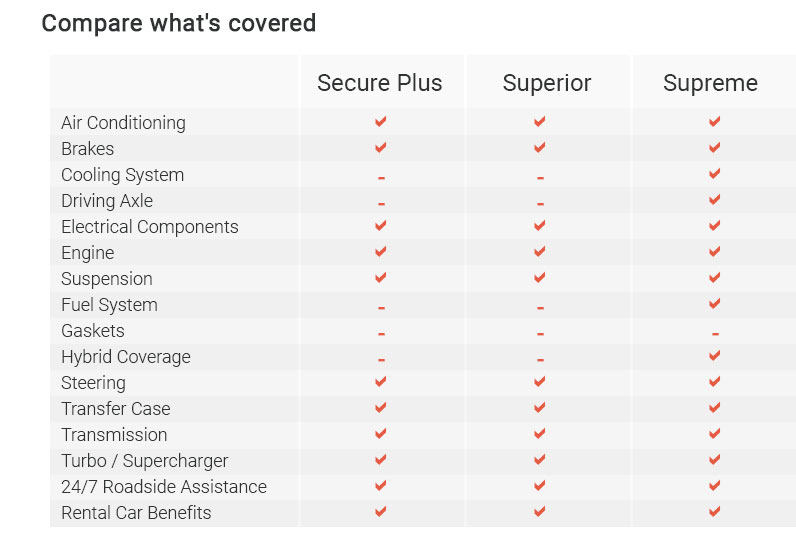 |
|||||||
 |
|||||||
 |
|||||||
|
|||||||
|
||||||
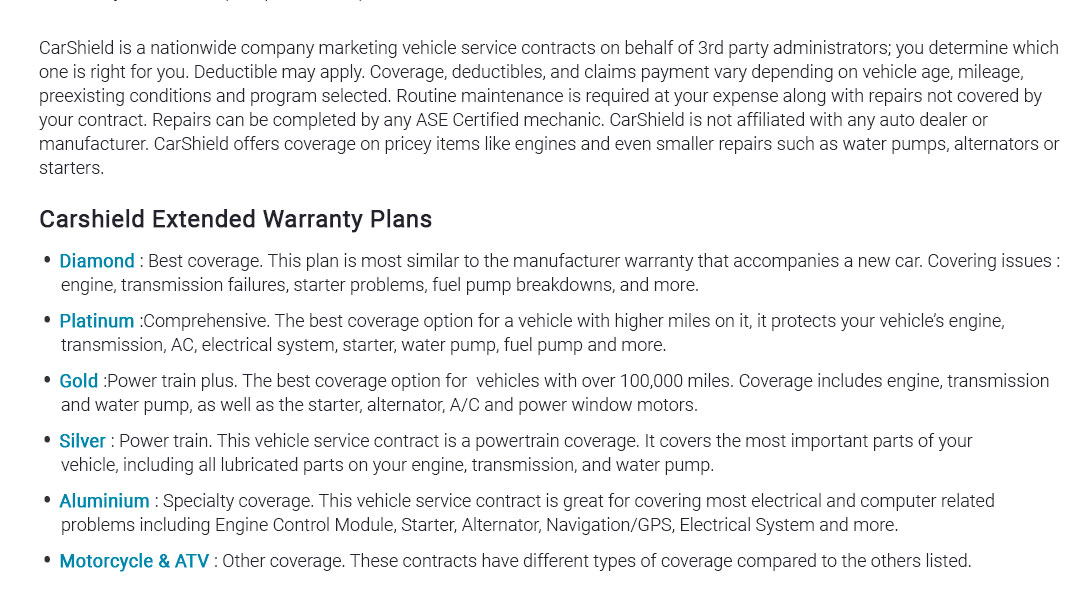 |
||||||
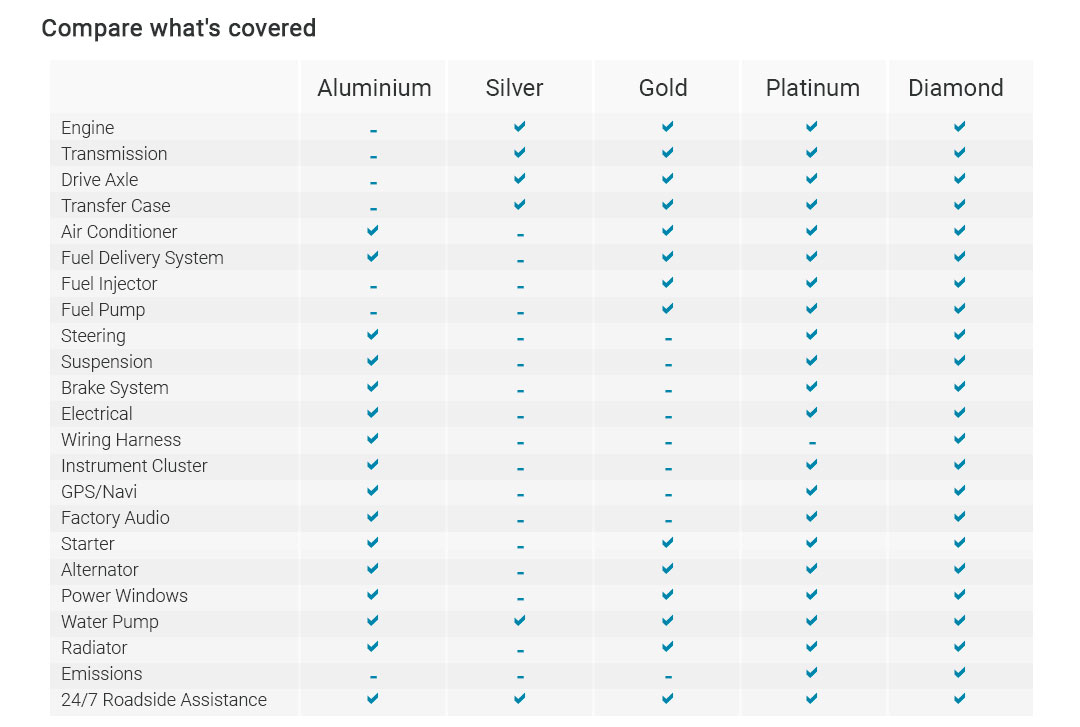 |
||||||
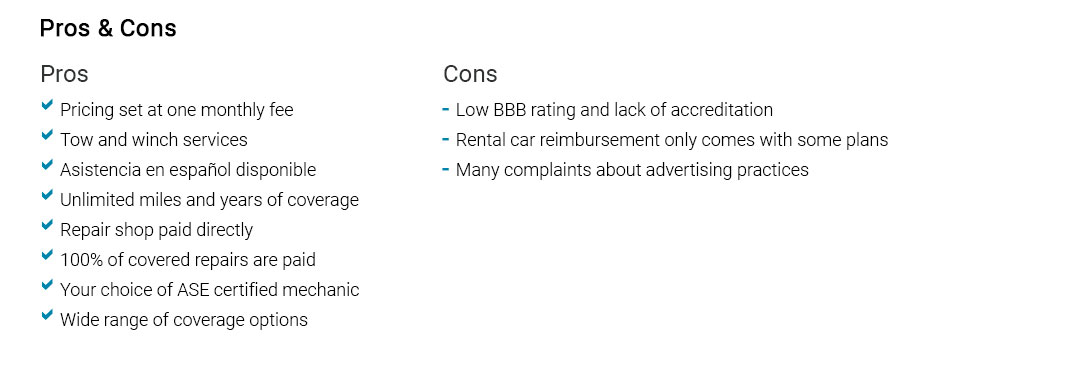 |
||||||
|
 |
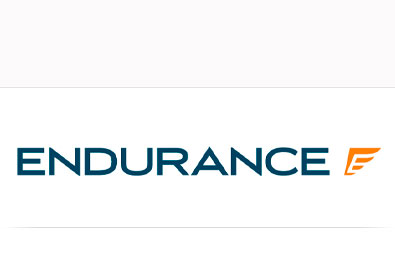 |
 |
 |
 |
 |
 |
Comparing Car Warranty Plans: What You Need to KnowWhen it comes to purchasing a vehicle, one of the most significant considerations often overlooked is the car warranty plan. A car warranty is not just a piece of paper; it's a safety net that offers peace of mind by protecting you from unexpected repair costs. But how do you choose the right one? Let's delve into the key features and highlights that matter the most when comparing car warranty plans. First and foremost, it’s essential to understand what a car warranty covers. Generally, warranties are divided into two main types: manufacturer’s warranty and extended warranty. A manufacturer's warranty, often included with new cars, typically covers defects in materials and workmanship, while an extended warranty offers additional protection after the manufacturer's warranty expires. Understanding this distinction is crucial as it forms the foundation of your decision-making process. Next, consider the duration and mileage limits of the warranty. A longer warranty duration and higher mileage limit might seem appealing at first glance, but it's vital to assess whether they align with your driving habits. For instance, if you drive extensively, a plan with a higher mileage cap will be more beneficial, whereas occasional drivers might prioritize longer timeframes. Another critical aspect is the scope of coverage. Some warranties cover only major components such as the engine and transmission, while others offer comprehensive coverage that includes electrical systems, air conditioning, and even technology features. A detailed understanding of what is included-and, importantly, what is excluded-can prevent unpleasant surprises when you need to make a claim. Always scrutinize the fine print and clarify any ambiguities with the provider. Also, consider the cost of the warranty. While some plans may appear expensive initially, they could save you a substantial amount in the long run, especially if they cover high-cost repairs. It's wise to weigh the upfront cost against potential savings on repairs and maintenance. Additionally, inquire about any hidden fees or deductibles, as these can significantly impact the overall cost-effectiveness of a warranty. Equally important is the reputation and reliability of the warranty provider. Conduct thorough research, read reviews, and seek recommendations to gauge the provider’s credibility. Reliable providers often offer seamless claims processes and excellent customer service, which can make a significant difference in your overall experience.
In conclusion, comparing car warranty plans requires a careful evaluation of various factors, including coverage scope, duration, cost, and provider reputation. While it might be tempting to choose the cheapest option, a comprehensive approach that considers your individual needs and driving habits will ensure you select a plan that offers true peace of mind and value. Remember, a well-chosen car warranty is not just an expense; it's an investment in your vehicle’s future reliability and your financial security. https://www.reddit.com/r/GrandCherokee/comments/16ugcx4/extended_warranty_which_company_is_best/
The brakes that came in the car were aftermarket rotors and pads and were cheap that carvana just slapped on there and the caused a ... https://www.endurancewarranty.com/learning-center/comparisons/endurance-vs-carshield/
Vehicle protection plans and extended car warranties are a must for any new or used vehicles. Find out how plans from Endurance and ... https://www.caranddriver.com/research/a32766838/best-car-warranty-quick-comparison-guide/
Extended Warranty: Extended warranties function similarly to factory warranties, sometimes offering coverage beyond the factory warranty. They can also take the ...
|


